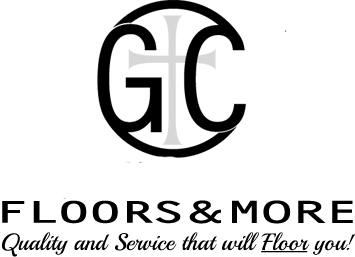Hardwood Flooring
Solid Vs. Engineered Wood Flooring
Both qualify as hardwood flooring, but they’re surprisingly different from each other.
Solid Wood
Engineered Wood
Composition
Milled from a single piece of lumber & covered with thin, clear protective layer that often consists of aluminium oxide, ceramic or an acrylic substance.
Constructed from multiple plies of wood withsolid wood top layer.Below the top layer is an inner core of high density fiberboard layers. At the bottom is the hardwood backing.
Thickness
Usually 3/8″ to 1/2″
Life Span
20-30 years
Pros
- Long-lasting
- Durable
- Can be sanded with multiple times
- Easy to Clean
- Elegant & Beautiful
- Can increase property value
- Less expensive than solid wood
- More eco-friendly
- Can withstand moisture
- Can be installed over radiant floor heating.
- Easy to install
- Durable
Cons
- Doesn’t Hold up to moisture
- Can Squeak over time if not properly installed
- Can only refinish once or twice
Where to Install
Living Areas, Bedrooms, Hallways, Dining Rooms, Offices
Anywhere in an office or home(including below grade), but not recommended for bathrooms
Solid Wood
Composition
Thickness
Life Span
Pros
- Long-lasting
- Durable
- Can be sanded with multiple times
- Easy to Clean
- Elegant & Beautiful
- Can increase property value
Cons
- Doesn’t Hold up to moisture
- Can Squeak overtime if not properly installed.
Where to Install
Living Areas, Bedrooms, Hallways, Dining Rooms, Offices
Engineered Wood Flooring
Composition
Constructed from multiple plies of wood withsolid wood top layer.Below the top layer is an inner core of high density fiberboard layers. At the bottom is the hardwood backing.
Thickness
Usually 3/8″ to 1/2″
Life Span
20-30 years
Pros
- Less expensive than solid wood
- More eco-friendly
- Can withstand moisture
- can be installed over radiant floor heating.
- Easy to install
- Durable
Cons
- Can only refinish once or twice
Where to Install
Anywhere in an office or home(including below grade), but not recommended for bathrooms.
